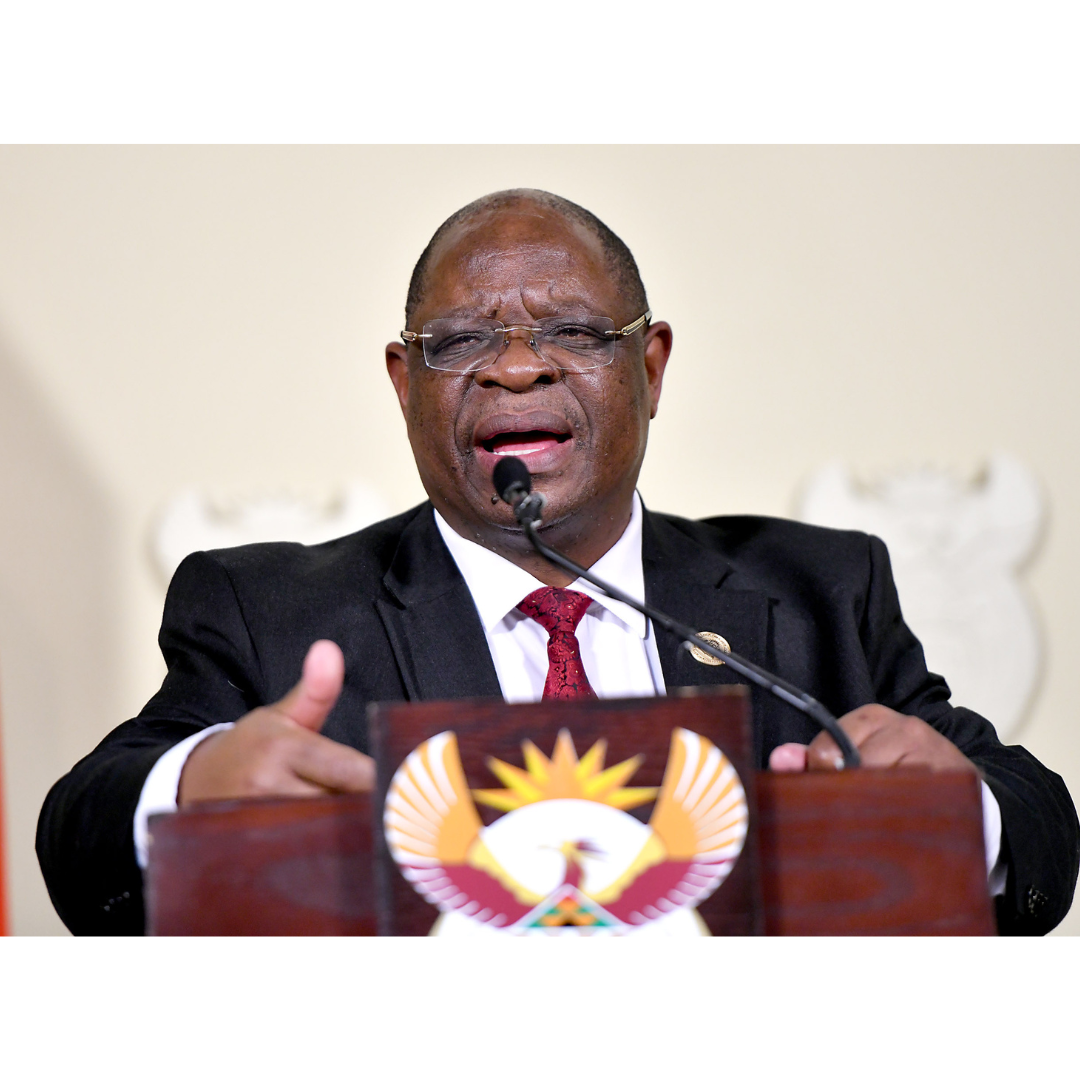

14/11/2022 | By Busiswe Mavuso
Our financial sector is the jewel in South Africa’s crown. We don’t tend to talk much of the disasters avoided compared to the disasters we plunge into, but over the past few years it is remarkable how well our financial system has coped with the ravages of Covid, natural disasters like the floods in KwaZulu-Natal and the many economic slings and arrows we have endured.
The resilience of the sector doesn’t happen by accident. Last week BLSA hosted the team from the International Monetary Fund responsible for the Financial Sector Assessment Programme (FSAP) it undertook on South Africa over the last few years. The FSAP is a voluntary process that countries can go through in which the IMF undertakes a detailed assessment of the financial systems. This was the third done on South Africa in the last 20 years and it provides an important external judgment.
Of course, the sector and its regulators focus extensively on ensuring the appropriate regulation and infrastructure is in place to support the system. When you delve into it, the plumbing that ensures banks and other key institutions work effectively, from how they lend money to each other to the role the Reserve Bank plays to ensure liquidity and manage through crises, is a remarkable achievement. It is constantly developing as we learn from each experience.
The Covid crisis was completely unexpected – no one modelled a scenario in which the entire economy would shut for an extended period – yet the toolbox that was assembled following the Global Financial Crisis provided a critical set of capabilities for regulators to intervene and manage the Covid disaster. Capital buffers and liquidity windows that were developed after the lessons of that crisis a decade earlier were very important in the beginning of this crisis.
Of course, not everything was perfect, so the industry and its regulators are working on improving various details of it. Overall, though, the financial system passed the Covid test with flying colours. The IMF team was full of praise for the quality of regulation of the system, though they have made several recommendations on areas that could be improved.
What made last week’s meeting with the IMF so important is the wider engagement with the real economy. The financial system is not important for its own sake – what matters is how it works in conjunction with the rest of the business world, as well as all South Africans. What did come through clearly in the IMF’s assessment is that the financial system faces risks from outside of it too, and this need attention. Risks can arise not only from economic shocks and problems with the plumbing of the system itself, but from how companies manage their assets and liabilities into the financial system. That is an important conversation and I thought it was particularly appropriate that BLSA could work with the IMF to share insights with the wider business community.
We cannot take our financial sector for granted. The linkages with the wider economy need to be understood and factored into how the system manages risk. Thank you to the IMF team for the engagement – the external assessment of the quality of our financial system supports wider confidence in our economy. And business stands ready to play a key part in developing it further.

BLSA believes that, using the JET Investment Plan as a starting point and presenting detailed plans on solutions to the blockages, progress can be made to mobilise funding at scale, I write in @News24_Business.

BLSA is a business organisation that believes in South Africa’s future and shares the values set out in the Constitution. In 2017, BLSA signed a contract with South Africa, committing business to playing its part in creating a South Africa of increasing prosperity for all by harnessing the resources and capabilities of business in partnership with government and civil society to deliver economic growth, transformation and inclusion.
06/02/2025
Government recognises the important role that municipalities have in reforming our energy and water sectors in particular, says BLSA CEO … continue reading
16/01/2025
Pretoria, 16 January 2025 – President Cyril Ramaphosa has today, 16 January 2025, convened with ministers and senior business leaders… continue reading
30/10/2024
BLSA commends Finance Minister Enoch Godongwana on a solid budget delivered with strained resources, striking a good balance between fiscal… continue reading
27/09/2024
It has been good to hear a change of tack from the Department of Trade, Industry and Competition, with the… continue reading
13/09/2024
It is with great sadness that Business Leadership South Africa (BLSA) learned of the passing of former minister and political… continue reading
04/09/2024
While Women’s Month is behind us, we continue celebrating the phenomenal women at the helm of some of BLSA’s member… continue reading
30/08/2024
Although Women’s Month is almost over, there is always good reason to celebrate the exceptional women leaders who are associated… continue reading
28/08/2024
Although Women’s Month is almost over, there is always good reason to celebrate the exceptional women leaders who are associated… continue reading
22/08/2024
Although Women’s Month is almost over, there is always good reason to celebrate the exceptional women leaders who are associated… continue reading
29/02/2024
Johannesburg 29 February 2024 – Business Leadership South Africa (BLSA) welcomes the appointment of a permanent executive team at Transnet… continue reading
21/02/2024
Finance minister Enoch Godongwane delivered a strong budget that commits government to appropriate spending levels given the weak economic outlook. … continue reading
05/02/2024
BACSA confirmed as the primary point of contact for Business interaction with government on crime and corruption through government structures,… continue reading
13/08/2025
Johannesburg, 14 August 2025 — Business Leadership South Africa (BLSA) has unveiled the BLSA Reform Tracker, an innovative online platform… continue reading
